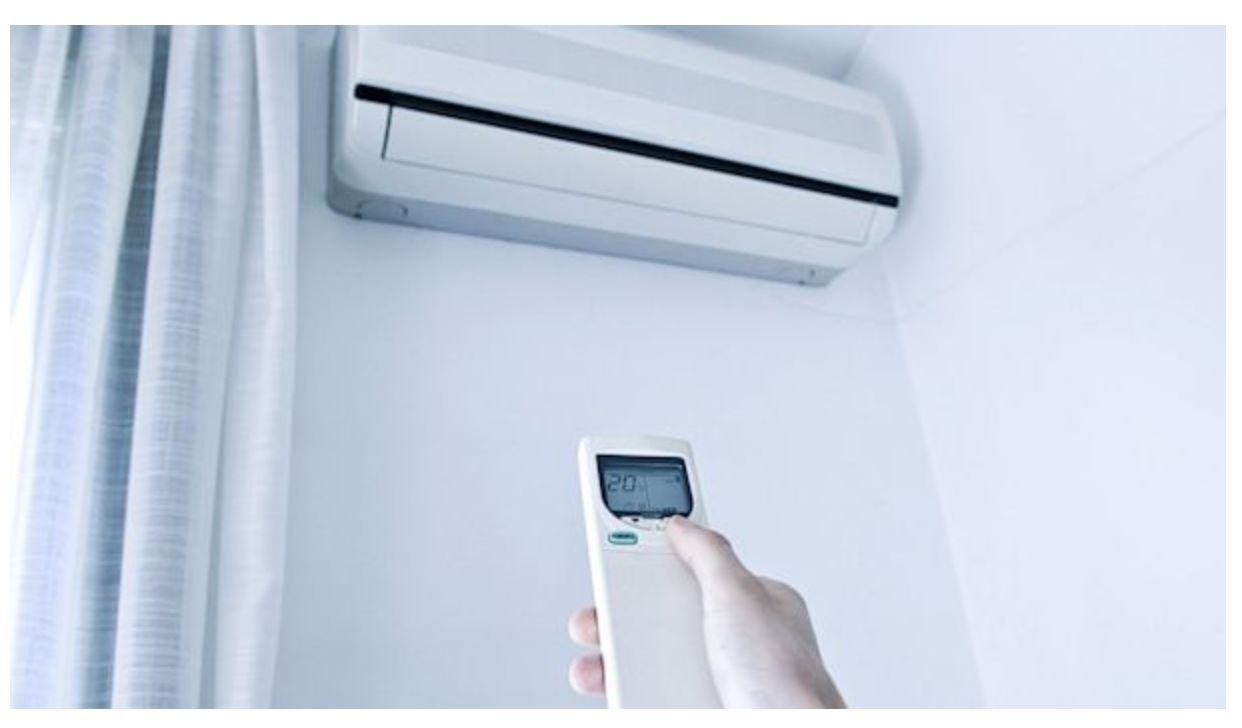Get Your Heating and Cooling Equipment in Tiptop Shape
Air conditioning, ventilating, and heating units are essential elements that bring comfortability to a home. If any of these units are not adequately running, you will get that uneasy feeling due to the indoor temperatures not cooling down or heating up as it should. If that’s the case, a proper HVAC repair and maintenance procedure is in order. What makes this process quite daunting is the fact that your HVAC systems are composed of various parts, and each of these variables has to work correctly or else the whole unit could break down.
Additionally, if you have a defective HVAC unit, your energy costs will most likely hike up. According to the U.S. Department of Energy, most household’s heating and cooling units account for up to 48 percent of their energy bills. If your unit requires any repairs, it works harder to function adequately, which in effect consumes more energy that it entails.

If there is a noticeable issue or if you know that your HVAC unit is due for a maintenance check, don’t wait for any concerns to grow into a major problem. Doing so may put your home and your family at risk.
We put together a list of common HVAC issues for you to watch for and what steps to take to make sure they are corrected.
Refrigerant Leaks
A leaking refrigerant is one of the most common causes of a malfunctioning home cooling system. A lot of condensers need a liquid refrigerant, a material that makes the air that flows into your home cool. Without sufficient amounts of liquid refrigerant, the cooling system is not going to function right. You will notice right away that instead of cool air, your air conditioning unit is blowing out warm air – which can be a problem, especially during the spring and summer seasons. Over time, an unnoticed leaking refrigerant will result in increased wear and tear of your unit, causing it to function a lot harder.
Even if you haven’t noticed any significant issues from your system yet, Don’t wait for significant problems to manifest. If you do see that the refrigerant levels are low, seek out a technician’s help to check that the refrigerant charge matches your manufacturer’s recommended specifications. An undercharged or overcharged refrigerant will result in the unit working inefficiently. Furthermore, the refrigerant is a hazard to the environment when the leak is exposed outside.
Electrical Defects
Compressors and fan controls can fail due to consistent use. When this happens, the wires within the unit have started to erode. You can see this issue happening most commonly with air conditioners that are turned on and off frequently. Once you notice any electric control failures, have your system checked by a professional to prevent any further damage.
Filthy Filters
HVAC filters accumulate dirt and other particles. Thus, it’s recommended to change them once every month or so. This step will ensure that your system is clean and will help the motor run effectively. If you have dirty filters, your unit will work harder over time, shortening its lifespan by burning more energy. Unchanged, dirty filters also make it difficult for your HVAC unit to gather enough air to cool. The simple step of changing your filters regularly will prevent any major issues down the line.
Drainage Issues
Condensation pumps on air conditioning units tend to break, resulting in water pooling instead of draining correctly. This issue can lead to your system working even harder and inefficient. Not to mention this can start major water damage if your unit is placed near your property’s foundation.
Sensor Glitches
The primary function of a thermostat sensor is to identify the temperature of the air in your home. And based on its detection, it will signal your HVAC system to either turn on or off. This feature is essential in keeping a consistent and comfortable temperature in your house. A broken thermostat sensor can’t tell signal your unit when to cycle on and off. If your cooling or heating unit isn’t turning on, it might be caused by a malfunctioning sensor, rather than the unit itself. An HVAC repair technician can check this for you.
Moreover, the thermostat sensor should be placed near the center of the house in a larger room. Defective sensors can also turn the unit on and off too often, which is not suitable for the unit.